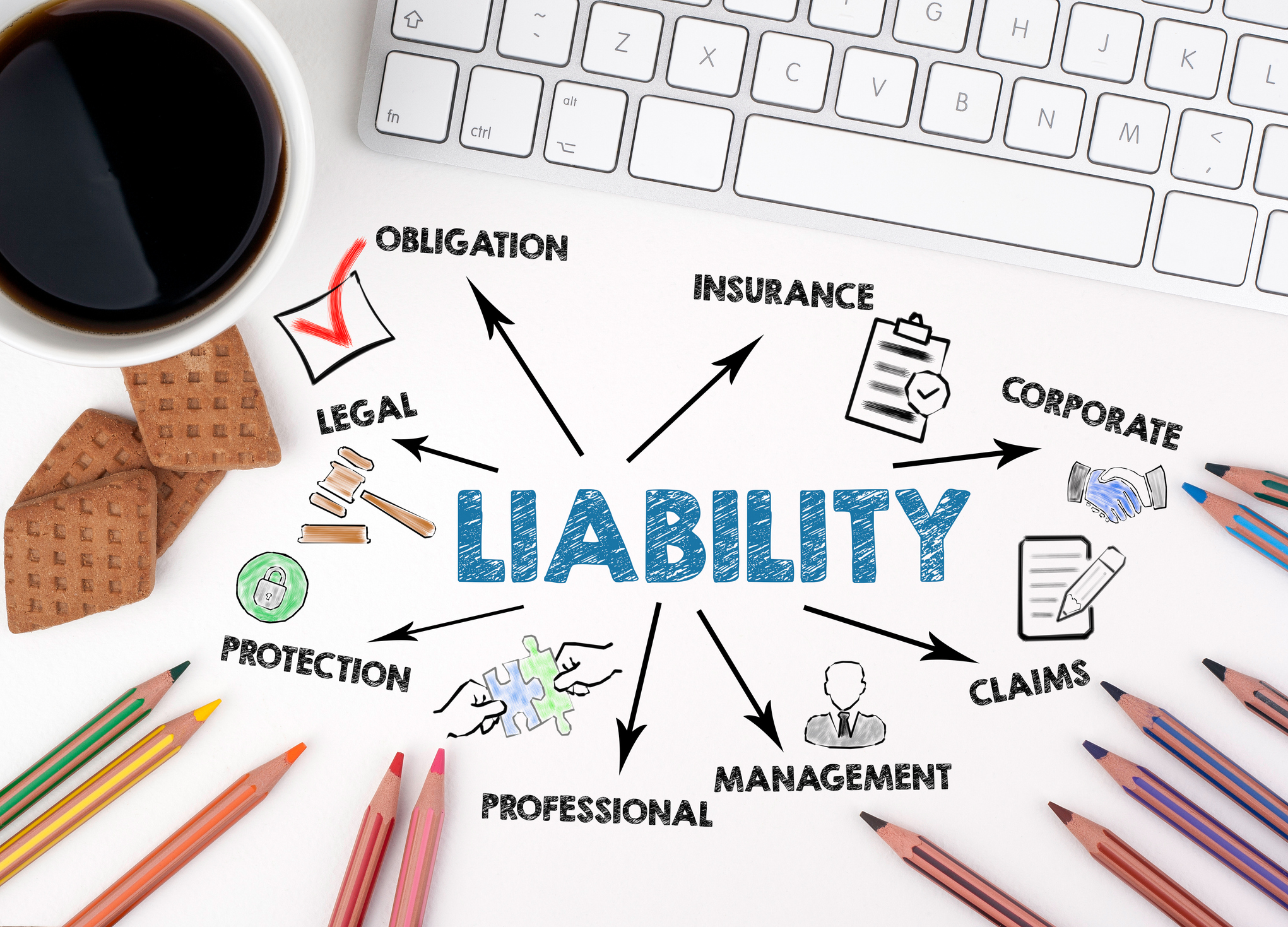January/February 2020
Legal Beat
Incomplete Drawings, Construction Cost, Contractor Dispute, Supremacy Clause
BY ARTHUR SCHWARTZ, DEPUTY EXECUTIVE DIRECTOR AND GENERAL COUNSEL

Question: I prepared, signed and sealed a set of construction drawings for an apartment complex and submitted them to a city agency. The agency requested the addition of other design details to the drawings. Before I was able to obtain the client’s approval for the changes, the client indicated that it was unable to secure a loan from a bank to finance the project and canceled the project but did not advise the city agency. I am concerned that if the client obtains financing in the future and proceeds with the project using another professional engineer, my incomplete drawings may be used by the client, exposing me to potential professional liability. I want to do my due diligence. Any suggestions? (Florida)
Answer: I recommend that you advise the city that the client canceled the project due to insufficient funding for construction. You should also request that the city return the originally submitted drawings, plans, and specifications to you and/or indicate in the city records that the drawings, plans, and specifications are null and void and not suitable for construction.
Question: I am in the process of hiring a professional engineer to design a processing facility for my company. The project will involve multiple facilities. In order to budget for the project and obtain financing, I have asked the professional engineer to assure me that the cost of the project will remain on budget. The professional engineer has refused to provide me with this assurance. Am I being unreasonable in requesting this type of assurance by the professional engineer, since it is the professional engineer who is actually designing the processing facility? (Minnesota)
Answer: As a general rule, an engineer’s opinions of probable construction cost are made on the basis of the engineer’s experience and qualifications and represent the engineer’s best judgment as an experienced and qualified professional generally familiar with the construction industry. However, since the engineer has no control over the cost of labor, materials, equipment, or services furnished by others, or over contractors’ methods of determining prices, or over competitive bidding or market conditions, the engineer cannot guarantee that proposals, bids, or actual construction cost will not vary from opinions of probable construction cost prepared by the engineer. If you want greater assurance of probable construction costs, it is generally recommended that you should separately employ an independent cost estimator with expertise in this area of practice.
Question: I am a professional engineer in private practice and recently became involved in a dispute with a vendor of a certain product. The vendor took issue with the fact that during the contractor bidding process, I questioned a contractor’s bid because I determined that the vendor’s product did not meet my design specifications and required the contractor to substitute another vendor that was in conformance with my design specifications. Am I on solid ground? (Missouri)
Answer: Yes. As a general rule, the design engineer has full authority to determine whether the products and materials provided by vendors selected by the contractor conform with the engineer’s design specifications. The EJCDC Standard General Conditions of the Construction Contract (EJCDC C-700, 2018 Edition) Section 7.05 provides for a procedure whereby the contractor may propose substitute and “or equal” items for consideration by the engineer. As the document clearly states, however, the determination of whether a particular item meets the engineer’s design specifications rests solely within the engineer’s judgment and discretion.
Question: As a professional engineer working for the Canadian federal government, I am trying to understand why licensure requirements are not mandatory in either Canada or the US. I suspect that one issue is the application of state regulations in a federal context, but then why not adopt national regulations? I note that the US federal government, like ours in Canada, does not always require engineering licensure and sometimes does not distinguish between licensed and nonlicensed engineers. I have yet to explore the situation in other countries. (Ontario)
Answer: I can’t address this issue from the perspective of other countries, but the justification in the US is the US Constitution’s Supremacy Clause, which states that federal law is supreme over state law. The US Supreme Court has ruled on several occasions that the federal government is not constitutionally bound by state licensing laws, including state professional licensing laws, unless the federal government consents to being so bound, through legislation or policy.


 Volunteering at NSPE is a great opportunity to grow your professional network and connect with other leaders in the field.
Volunteering at NSPE is a great opportunity to grow your professional network and connect with other leaders in the field. The National Society of Professional Engineers (NSPE) encourages you to explore the resources to cast your vote on election day:
The National Society of Professional Engineers (NSPE) encourages you to explore the resources to cast your vote on election day:




